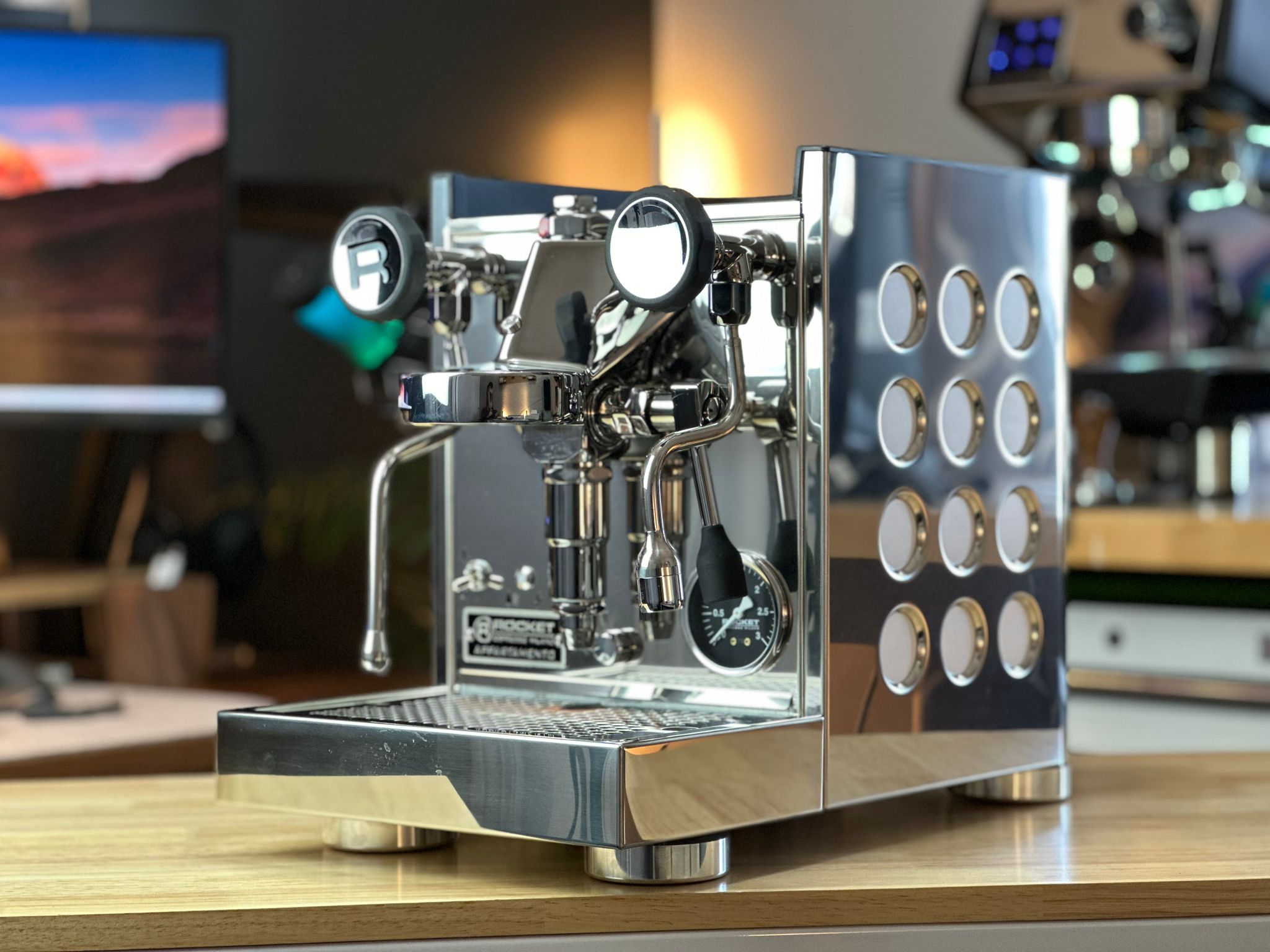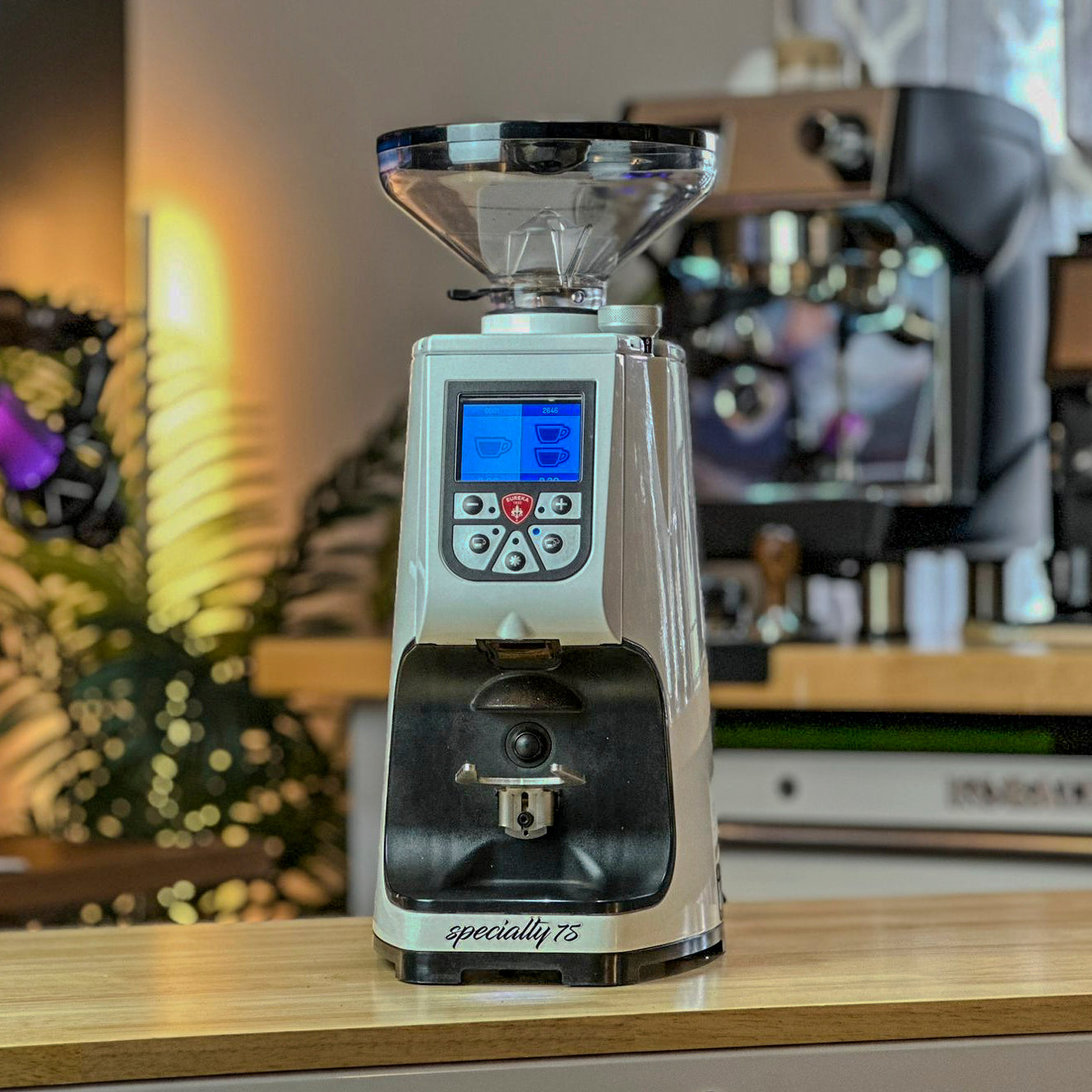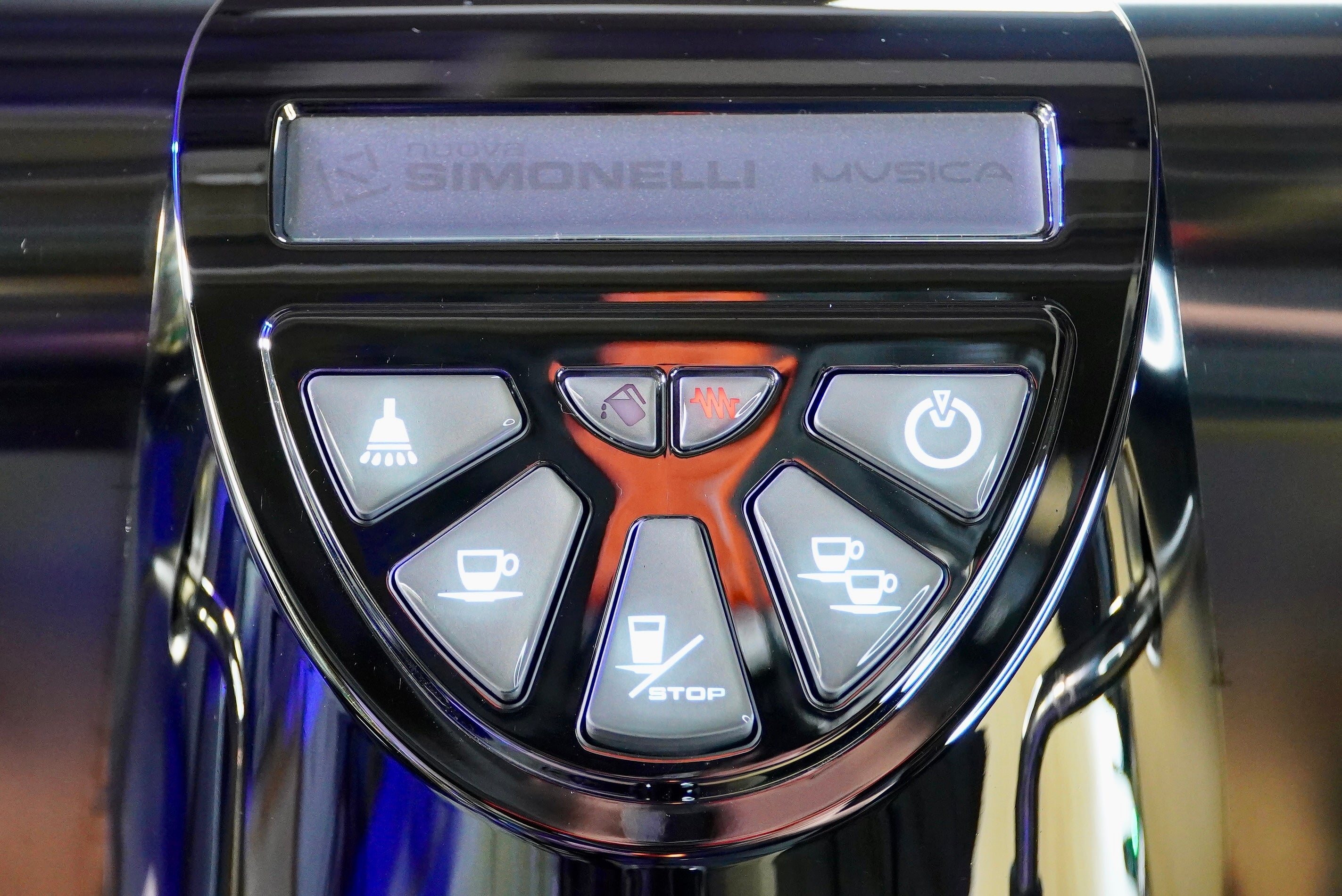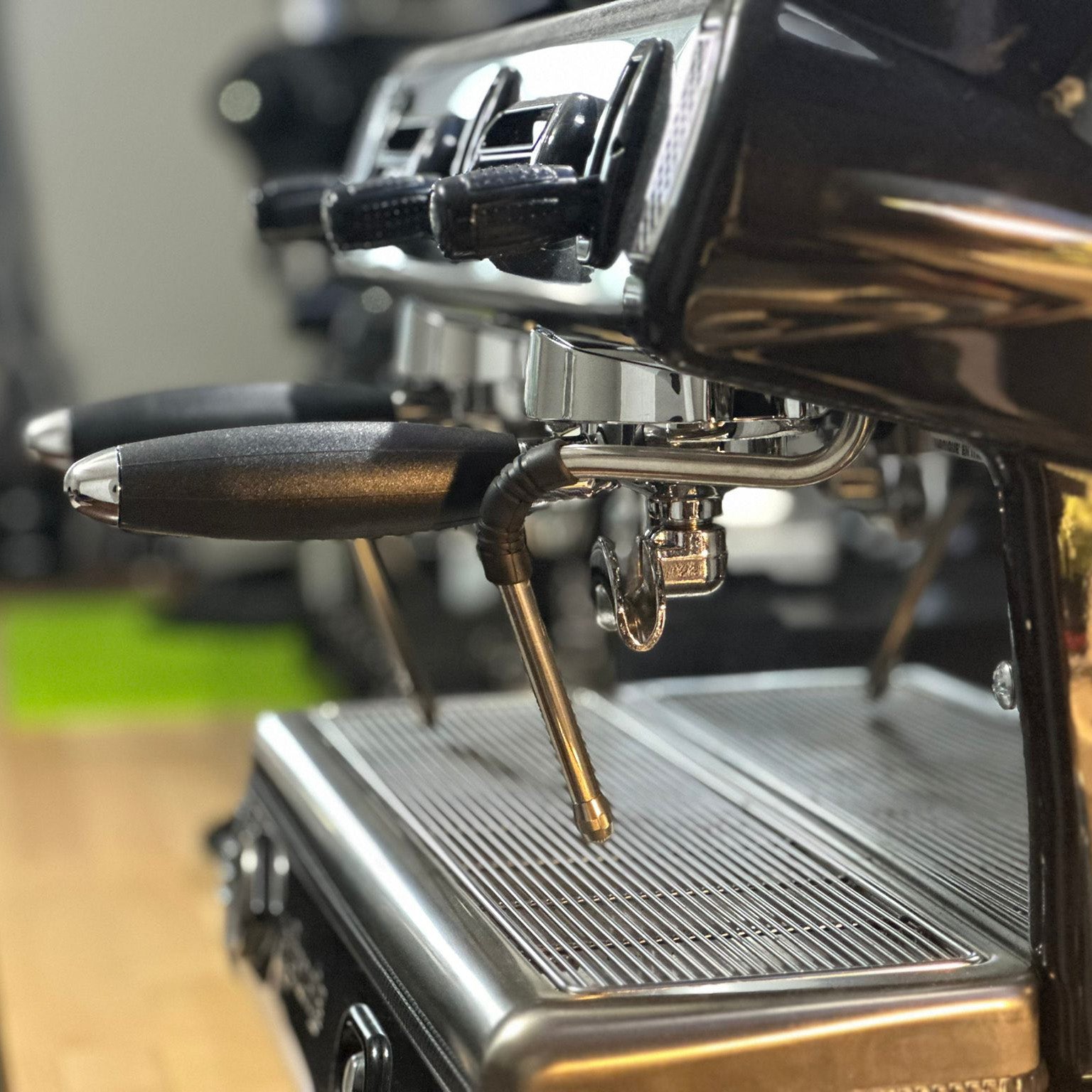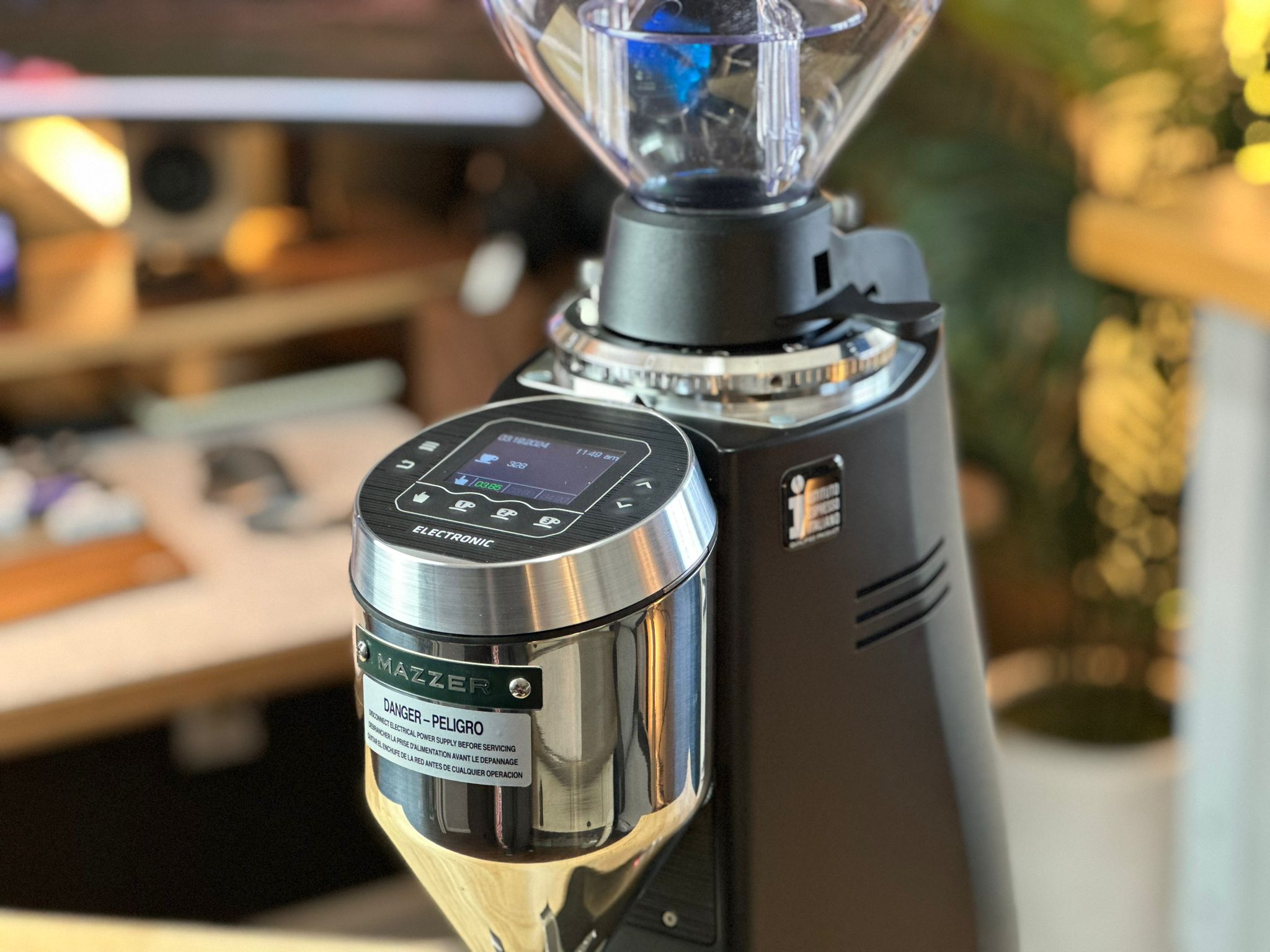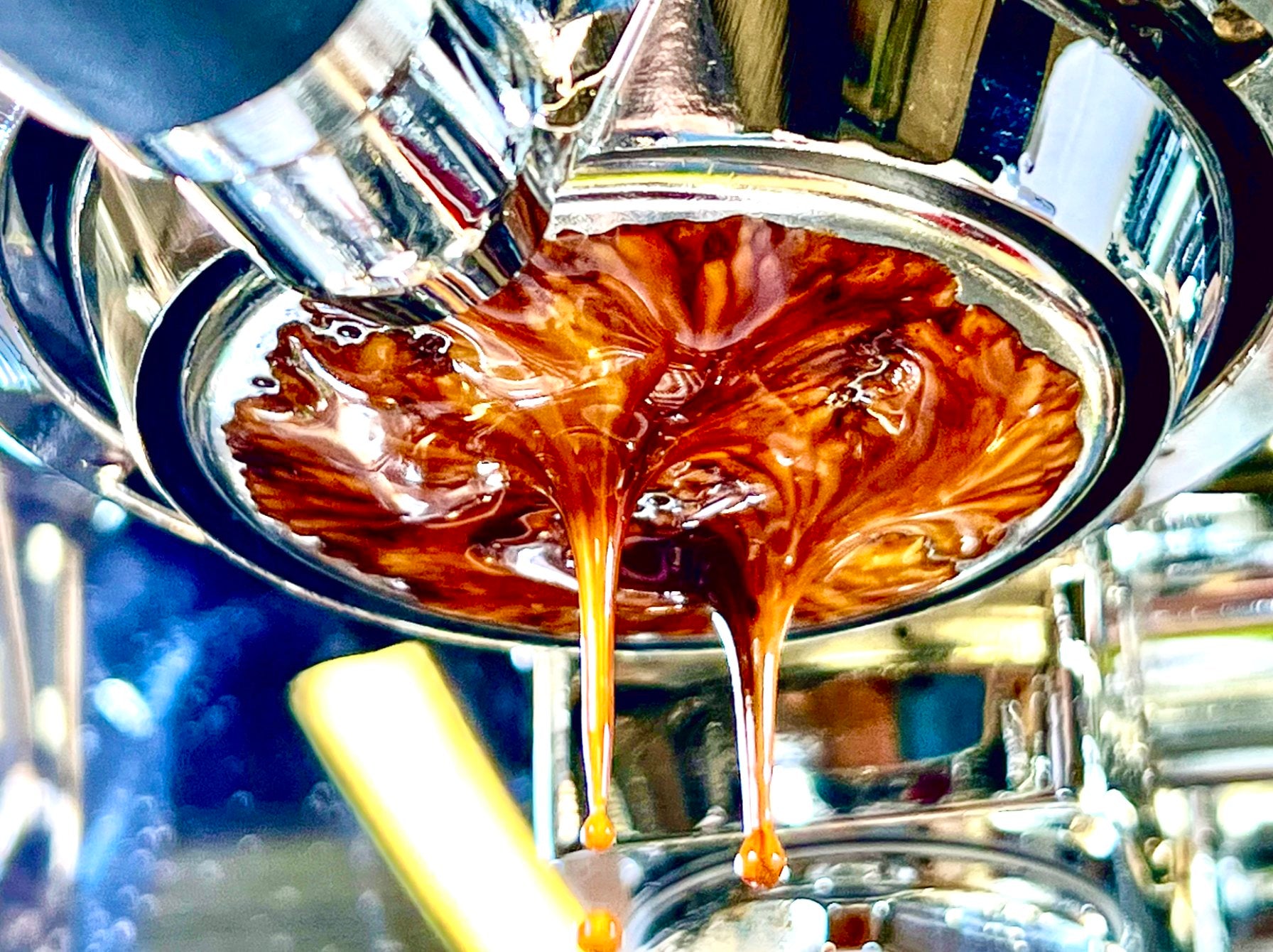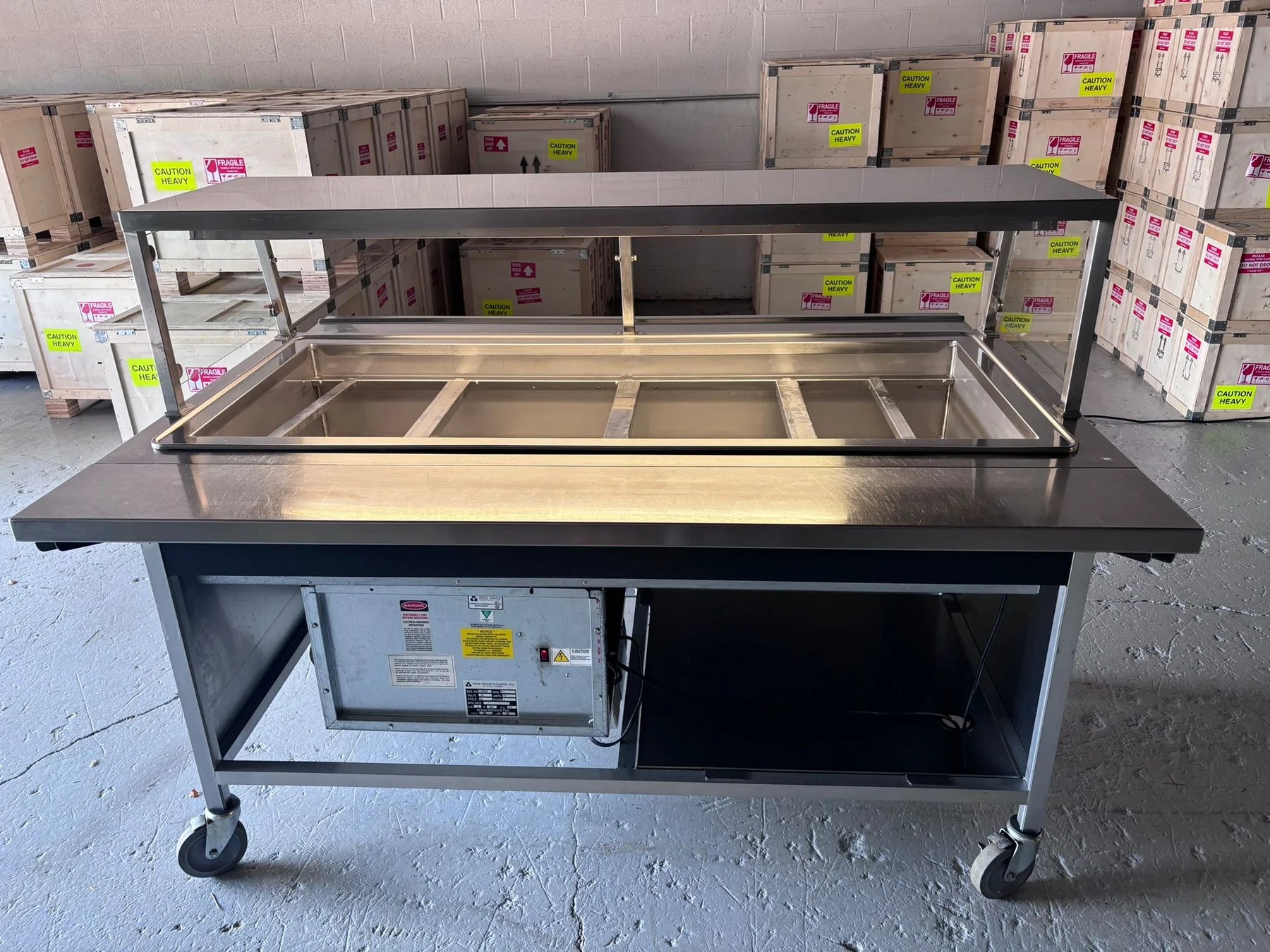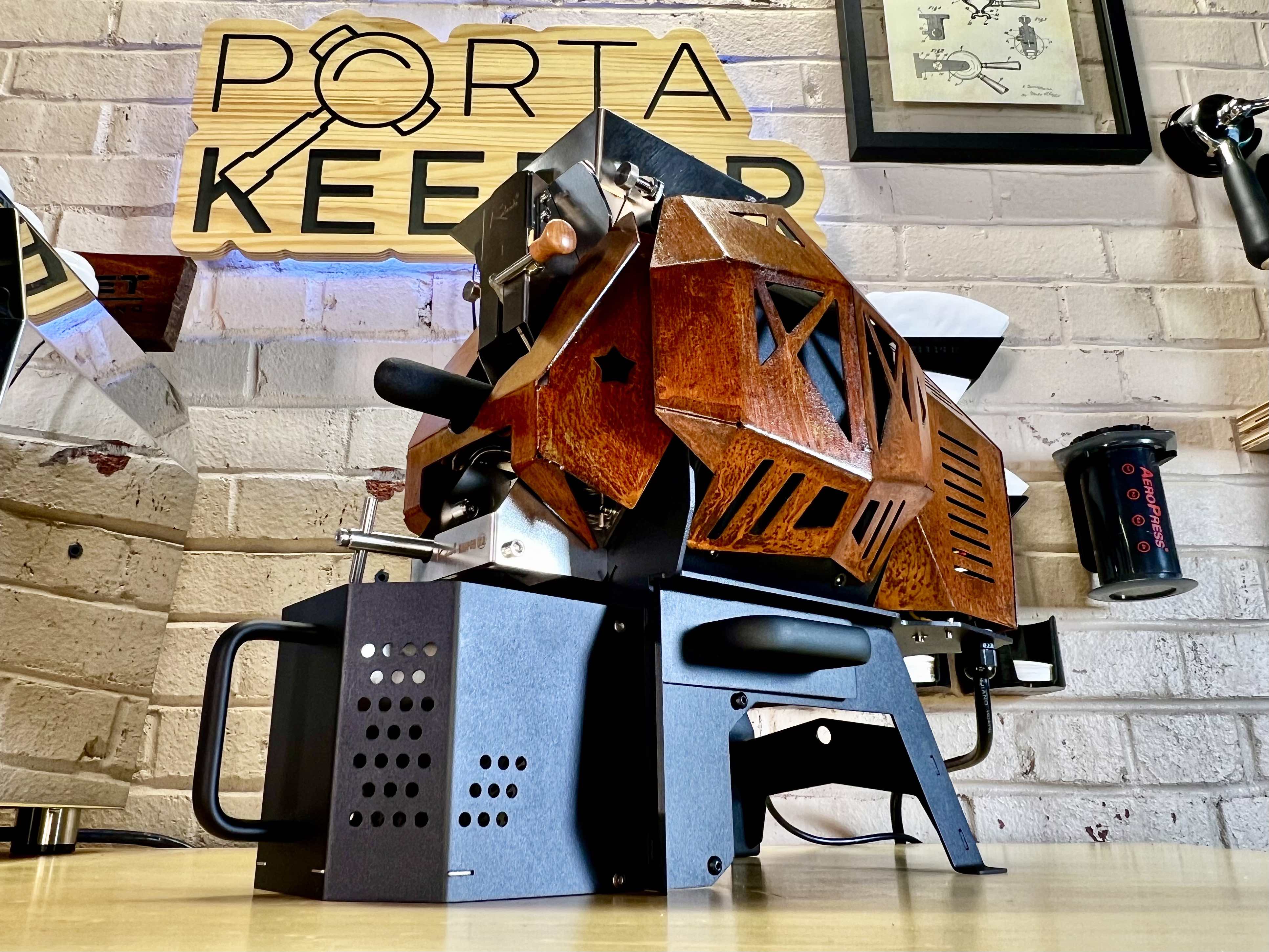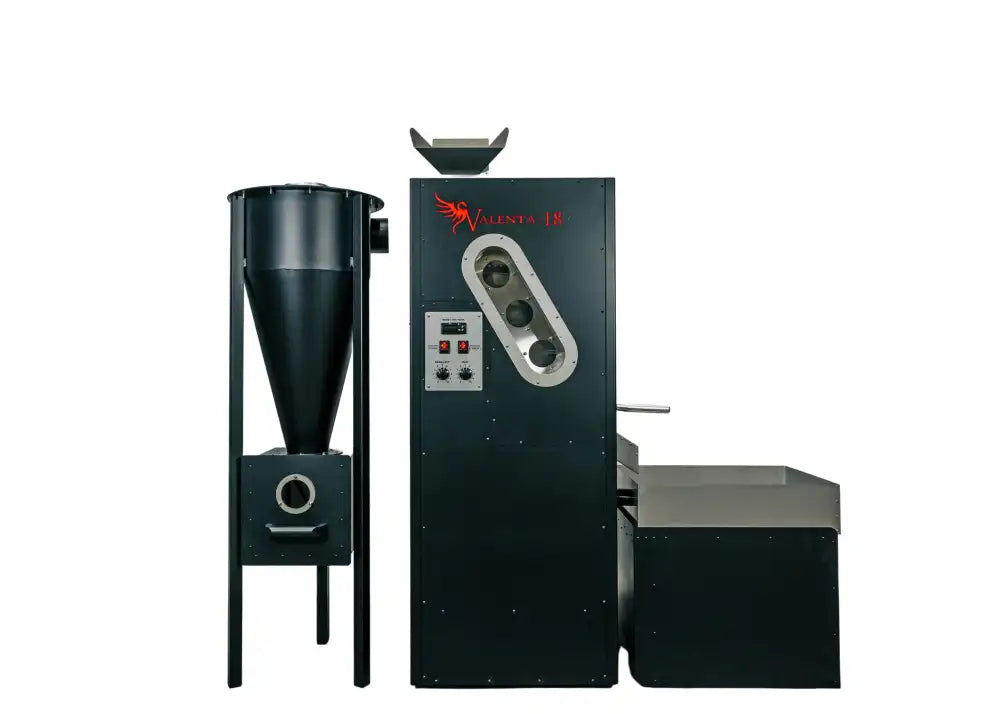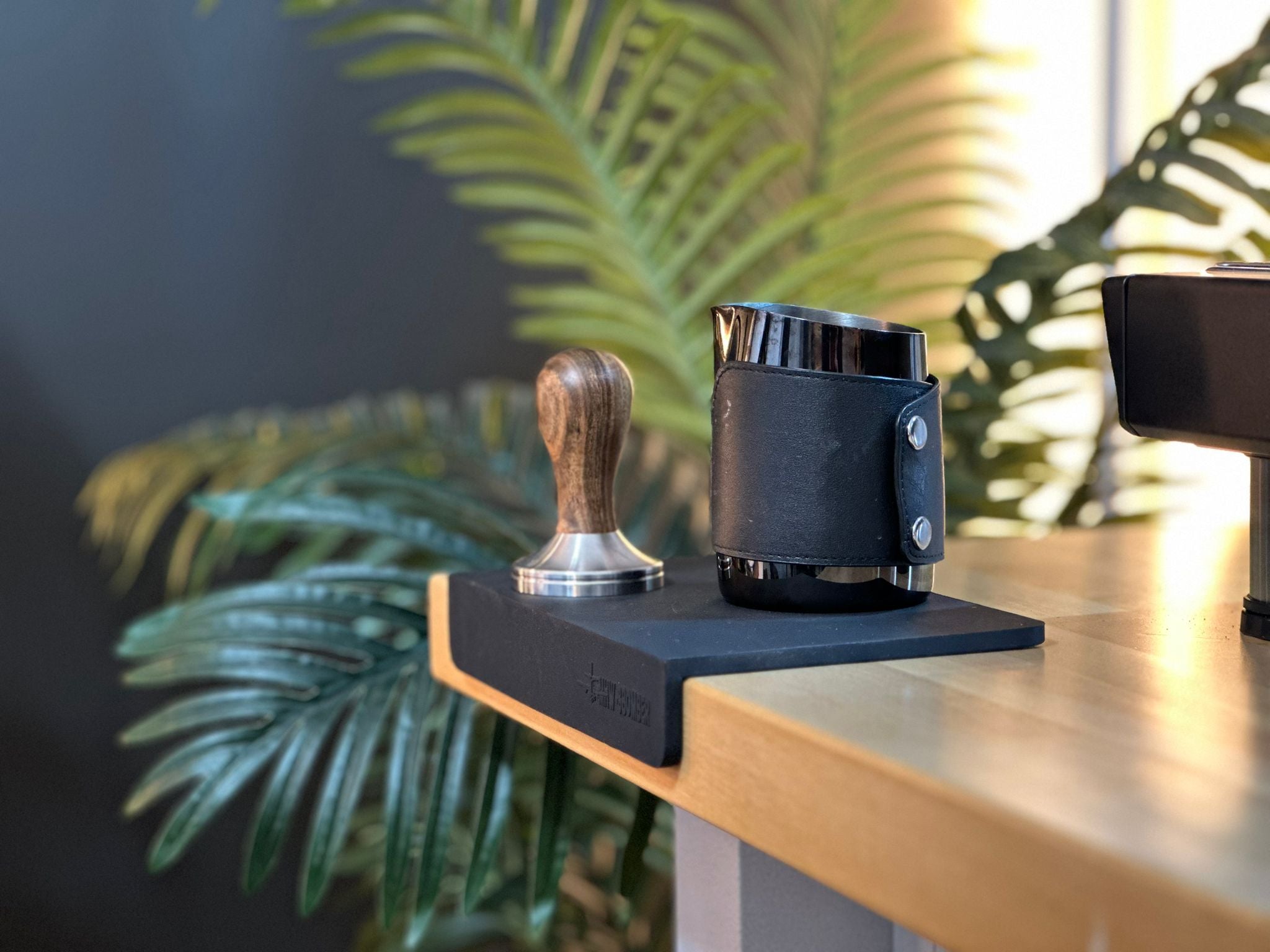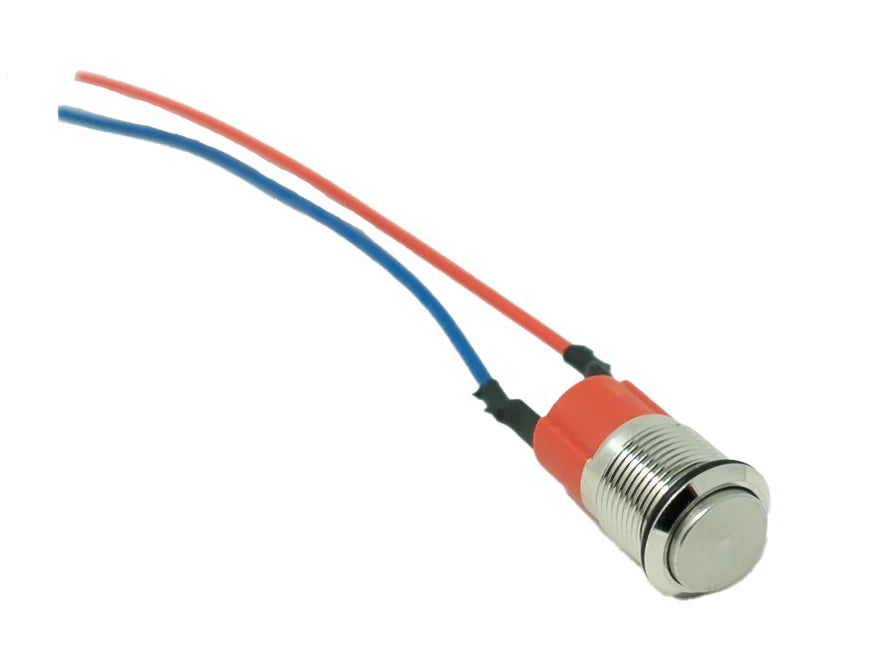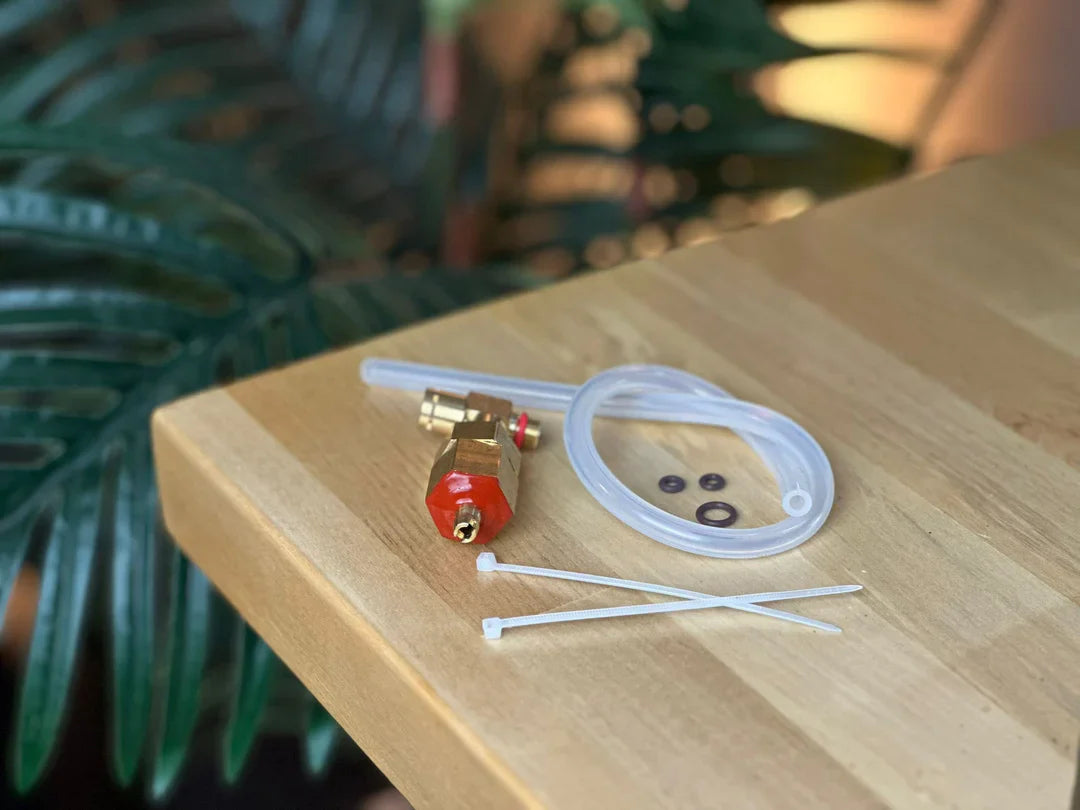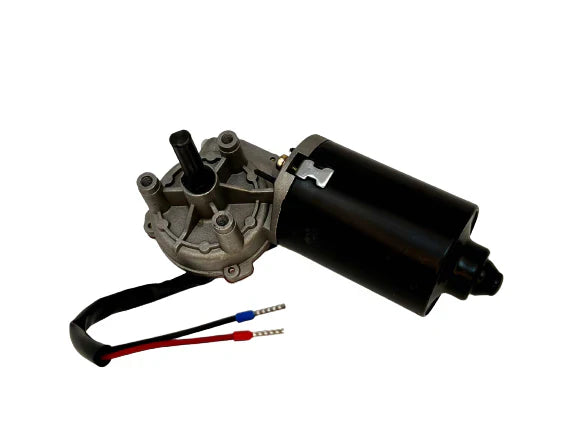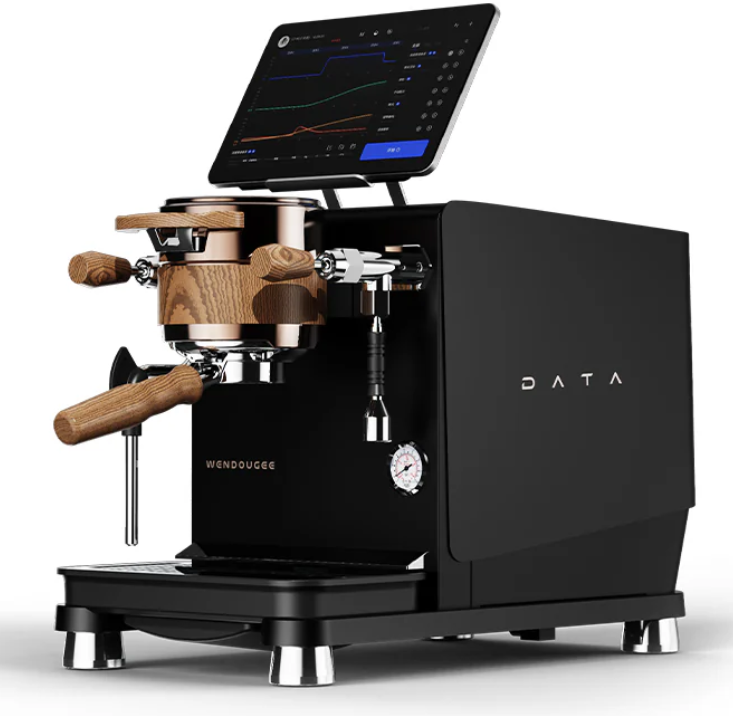Brushless DC Motors vs Brushed DC Motors on Coffee Grinders
In coffee grinders, the motor type significantly impacts performance, durability, and overall user experience. Let's compare Brushless DC (BLDC) motors with brushed DC motors in the context of coffee grinders:
1. Efficiency and Power:
- Brushless DC Motors: More efficient as they use electronic commutation instead of physical brushes. This reduces friction, resulting in less energy loss. They are known for delivering higher torque at lower power consumption, making them ideal for high-performance coffee grinders.
- Brushed DC Motors: Less efficient due to the friction caused by brushes and mechanical commutation. Over time, the brushes wear out, leading to increased resistance and decreased efficiency.
2. Noise Levels:
- Brushless DC Motors: Generally quieter because they lack brushes, reducing mechanical noise. This is advantageous for home coffee grinders where users prefer quieter operation.
- Brushed DC Motors: Typically noisier due to the contact between the brushes and the commutator, making them less ideal for quieter environments.
3. Durability and Maintenance:
- Brushless DC Motors: Highly durable since there are no brushes to wear out. The lack of friction between parts contributes to a longer lifespan and less maintenance. This makes them suitable for premium or commercial coffee grinders.
- Brushed DC Motors: Require more maintenance as the brushes wear down over time and need to be replaced. This can also lead to reduced motor lifespan compared to brushless motors.
4. Cost:
- Brushless DC Motors: More expensive due to the complex electronics involved in their operation. The initial cost of a grinder with a BLDC motor is higher, but long-term savings may result from lower energy consumption and fewer maintenance needs.
- Brushed DC Motors: Cheaper to manufacture, which can lower the upfront cost of the coffee grinder. However, long-term maintenance and replacement parts may offset this benefit.
5. Heat Generation:
- Brushless DC Motors: Generate less heat because there’s less friction, which helps maintain consistent grinding performance over long periods. This is critical in high-end coffee grinders designed for commercial or heavy use.
- Brushed DC Motors: Generate more heat due to friction from the brushes. In a coffee grinder, excessive heat can affect the grind consistency and may contribute to overheating in prolonged use.
6. Grind Consistency and Control:
- Brushless DC Motors: Offer more precise control over speed and torque, contributing to better grind consistency. The electronic control allows for smooth transitions in grinding settings, which can be key for specialty coffee grinding.
- Brushed DC Motors: Provide less precise control over speed, which might lead to less consistent grinding results, particularly when switching between different grind sizes.
Summary:
- Brushless DC motors are more efficient, quieter, longer-lasting, and provide better grind consistency, making them ideal for high-end or commercial coffee grinders.
- Brushed DC motors are cheaper but less efficient, noisier, and require more maintenance, which makes them suitable for lower-cost, entry-level grinders.
If you're seeking a premium coffee grinder that will last longer and provide consistent, quiet operation, a model with a brushless DC motor is the better choice. However, if you're on a budget or don't mind occasional maintenance, a grinder with a brushed DC motor could still serve you well.


